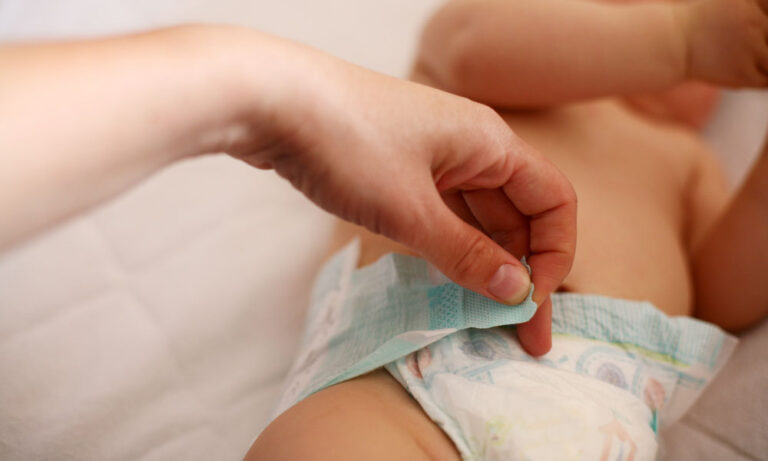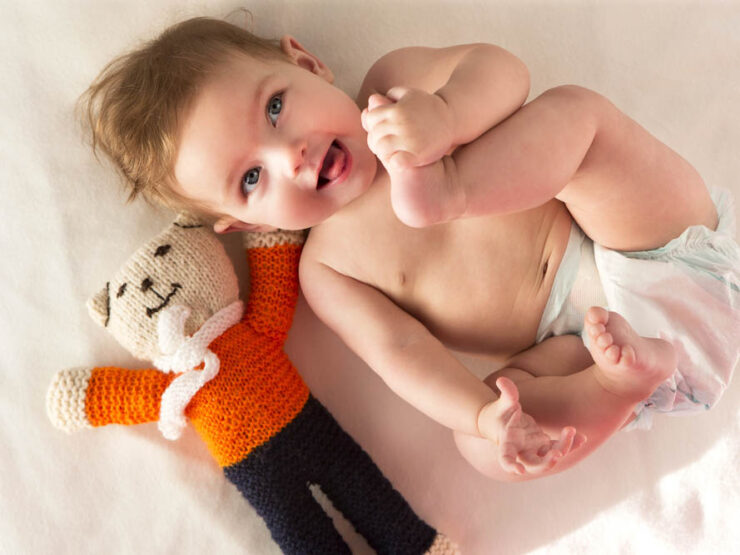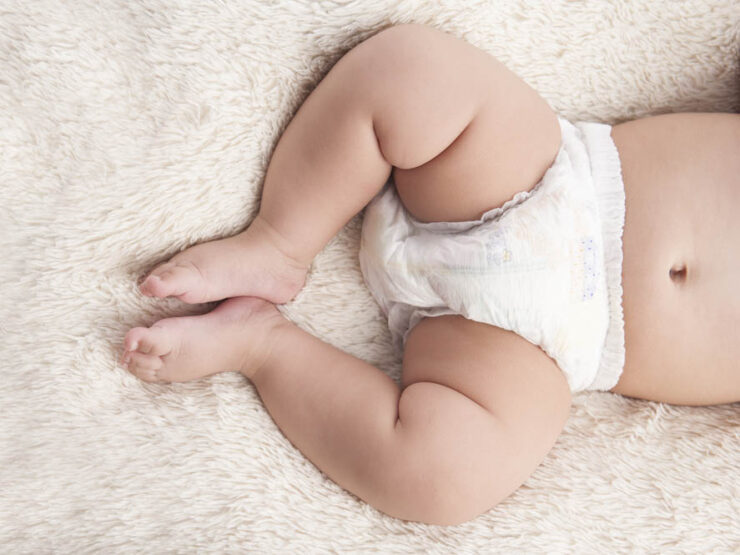As your baby grows bigger and heavier, almost every baby essential needs to go up a size – shoes, clothes, mittens, socks, beanies, car seats, cribs, strollers, and a lot more.
Your little one can use them for a few months. But time will come and you need to let go of the old sizes and go for the bigger ones. What about diapers? Should you change now?
Diapers are always one of the major things you have to consider changing. Once you determined the correct fit, you can give your baby the superior comfort he needs. Choosing the wrong size of a diaper will compromise your baby’s comfortability when playing or sleeping.
How should you know when to change diaper size? What are the important factors you have to take note of? Are there any signs that tell it’s time to change?
Factors to Consider
Identifying the important factors is a prerequisite for buying the next set of diapers. The following reminders will help you find the most appropriate diaper size for your baby. Jot down these notes.
- AGE
- WEIGHT
- DIAPER TYPE
- BRAND
Your baby’s weight probably the most reliable and accurate basis when determining the correct size of the diaper.
The labels clearly specify what weight the diaper is most fitting.
Just remember that every brand has its own specifications and that there is no standard weight that applies to all types of diapers.
5 Signs that Tell It’s Time
Considering the common factors discussed beforehand would be a helpful guide in finding the correct size of the diaper. But, is it really necessary to change your baby’s diaper? Is it really time to go up a size? If you are still uncertain whether to give up the old diaper size or not, there are signs that will tell you it’s time.
What are these signs you should be aware of? How should you know when to go up a size in diapers?
1. Red marks are visible
These red marks are one of the very first signs that let you know there’s something wrong with the size of your baby’s diaper. You may see these red marks around the thighs or waist. This indicates that the diaper is too tight or too small for your baby. Once you notice the red marks, you might need to switch to a bigger size.
2. Diaper leaks or blowouts
If your baby often leaks or having frequent blowouts, it can be a sign that the diaper is too small to handle your baby’s poop and pee. This could be very uncomfortable for your baby and might cause him to cry during the day or all night. Although the diaper quality or brand can also be the factors why leaks and blowouts happen, the diaper size takes a major role as well. If the leaks persist, try changing the diaper size.
3. The waistband is too tight
There is a quick technique to know whether the waistband is too tight or just enough. Put your finger under the waistband and slightly pull it up. If you can pull it up well without any pressure or tightness on your finger, the size must be just right. Otherwise, it would make your baby uncomfortable.
You can also consider the rise of the diaper. It should not be too high or too low but just a little below the belly button. If it’s right above the waist or the belly button, the diaper may be too big or loose. If it seems to be like a low rise, you won’t be able to securely close the tabs and keep the fit.
4. The diaper does not cover the bottom entirely
If you see that the diaper seems to be slightly swept on one side of your baby’s bottom, something is definitely wrong. You need to change your baby’s diaper and go up another size. Otherwise, you’ll get leaks and blowouts. The diaper should be able to cover your baby’s butt entirely to avoid any leaks and discomfort.
5. Connecting the tabs are getting harder
The tabs are responsible for securing the diaper and keeping it fit. But if you are having a hard time connecting them or they are further from your baby’s belly, you need to size up. These tabs should not be overly stretched but rather light and easy when securing the diaper.
Conclusion
Switching to another size of a diaper is giving your little one a greater level of comfort. That is why it is always important that the diaper is securely and comfortably fit but not too snug. You can check the size guidelines the manufacturers provide on the diaper labels to know if it will correspond to your baby’s weight, size, age, and body measurements. These reminders are necessary to take note of until your baby stops wearing diapers.
We hope this information has helped you with your concerns about diaper changing. Should you have any questions or stories to tell, share them through the comment box below.



